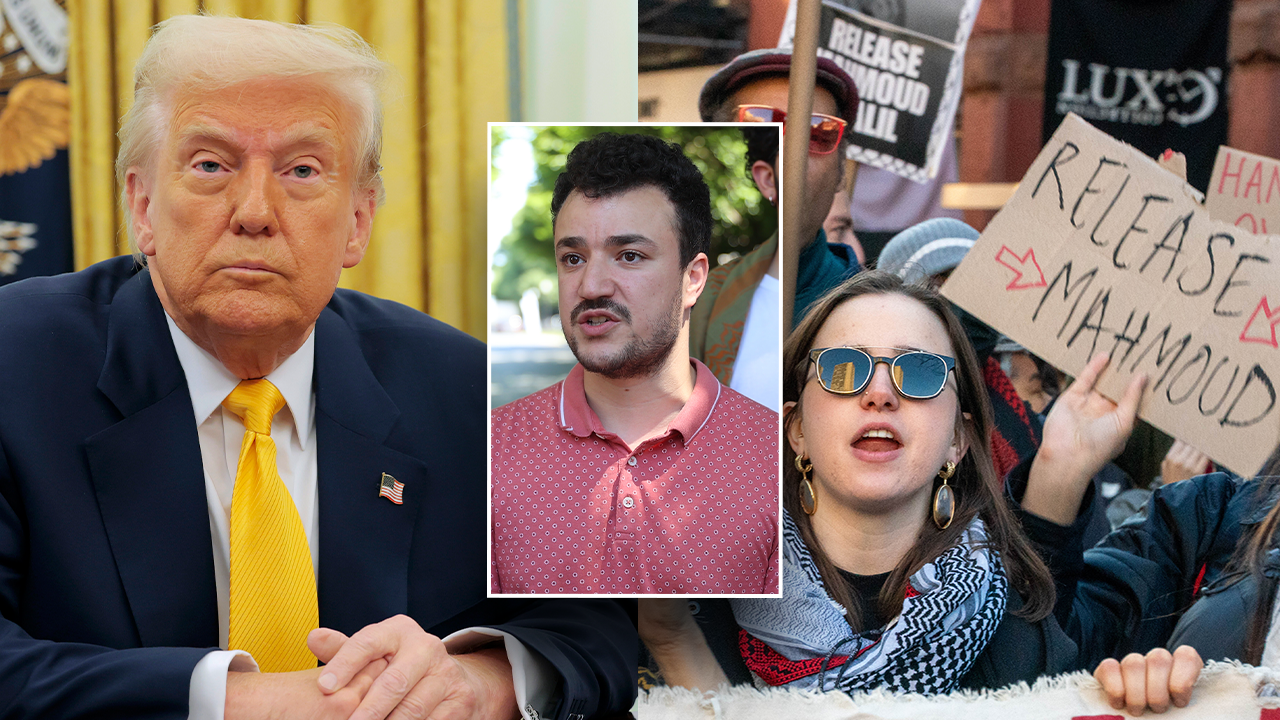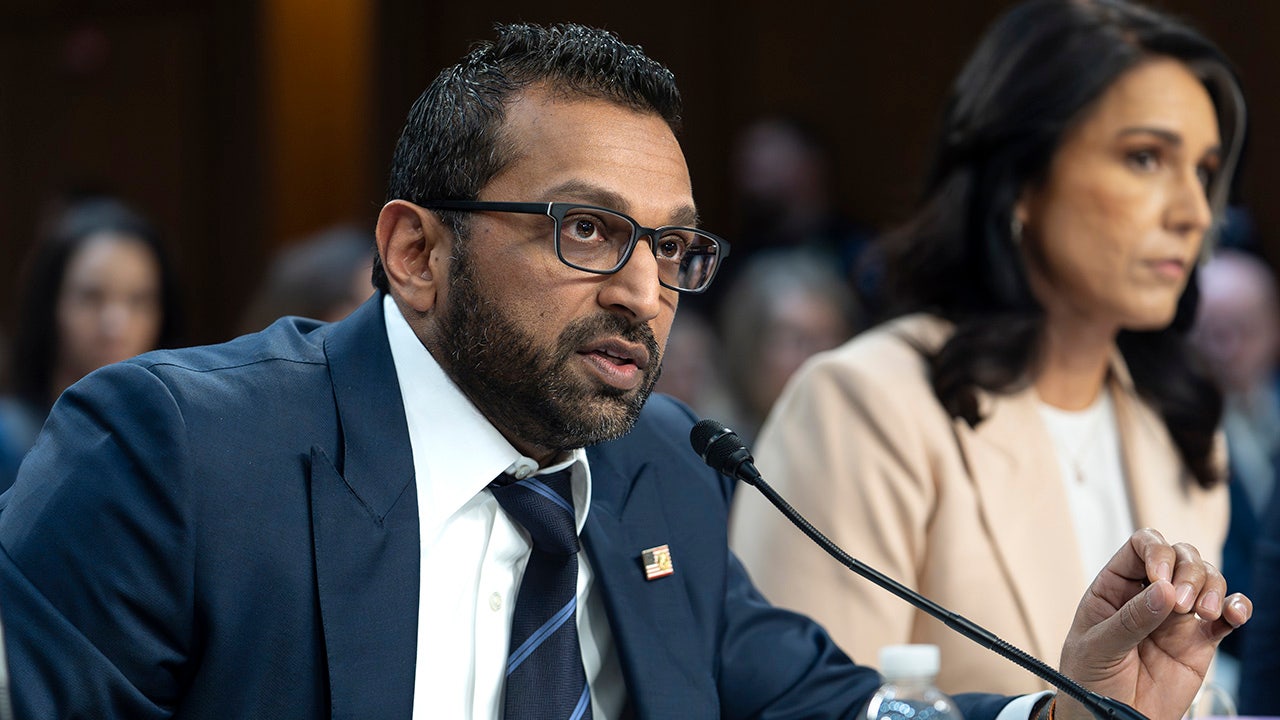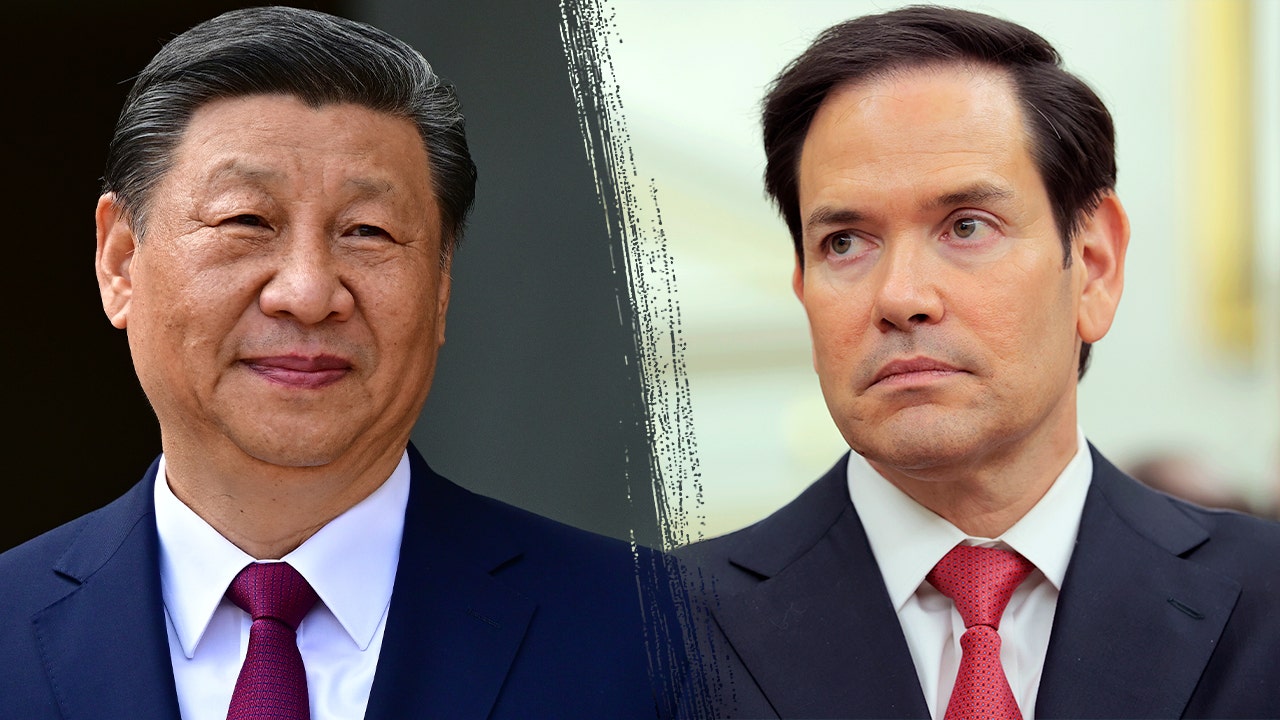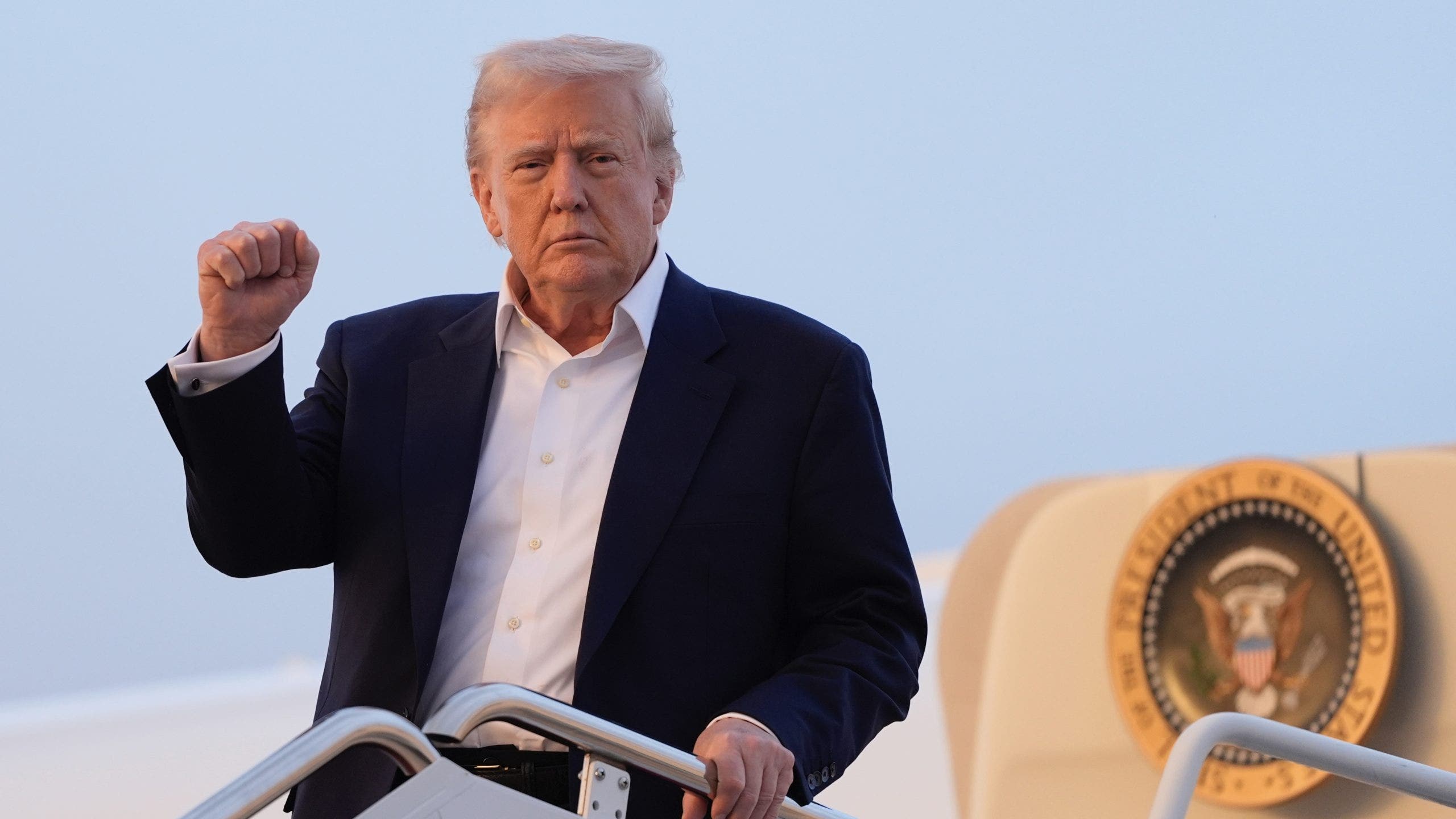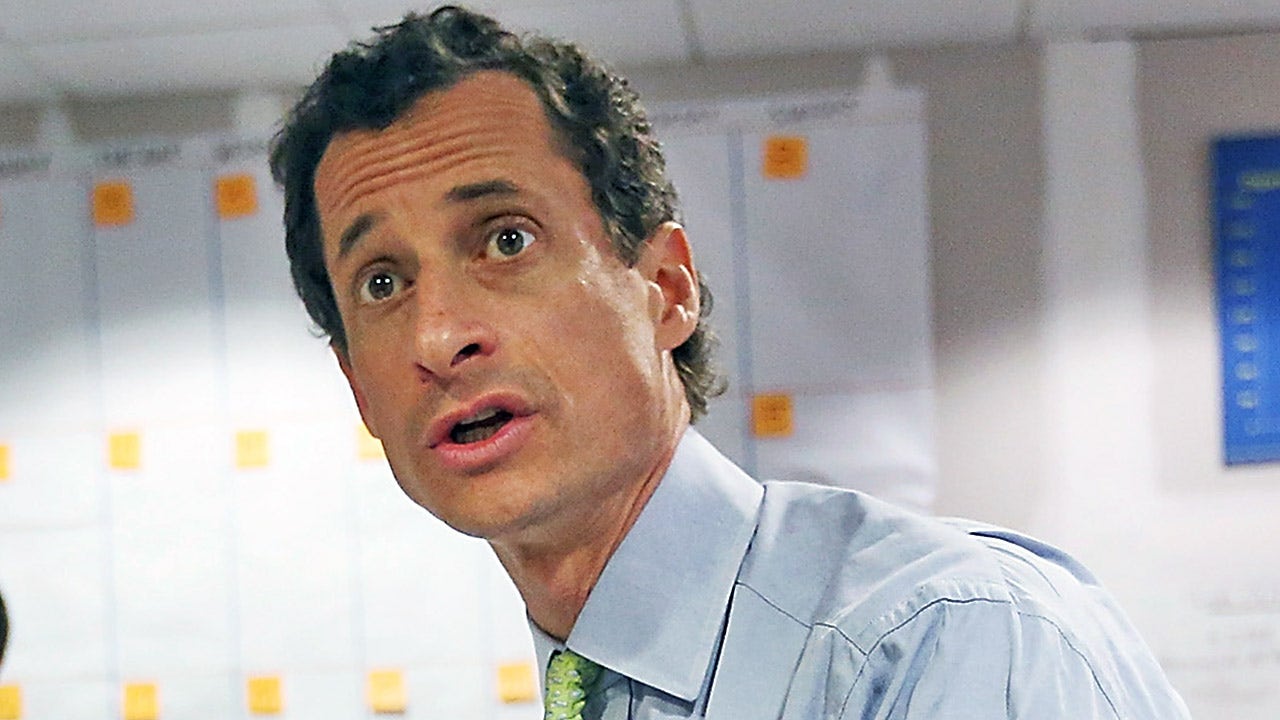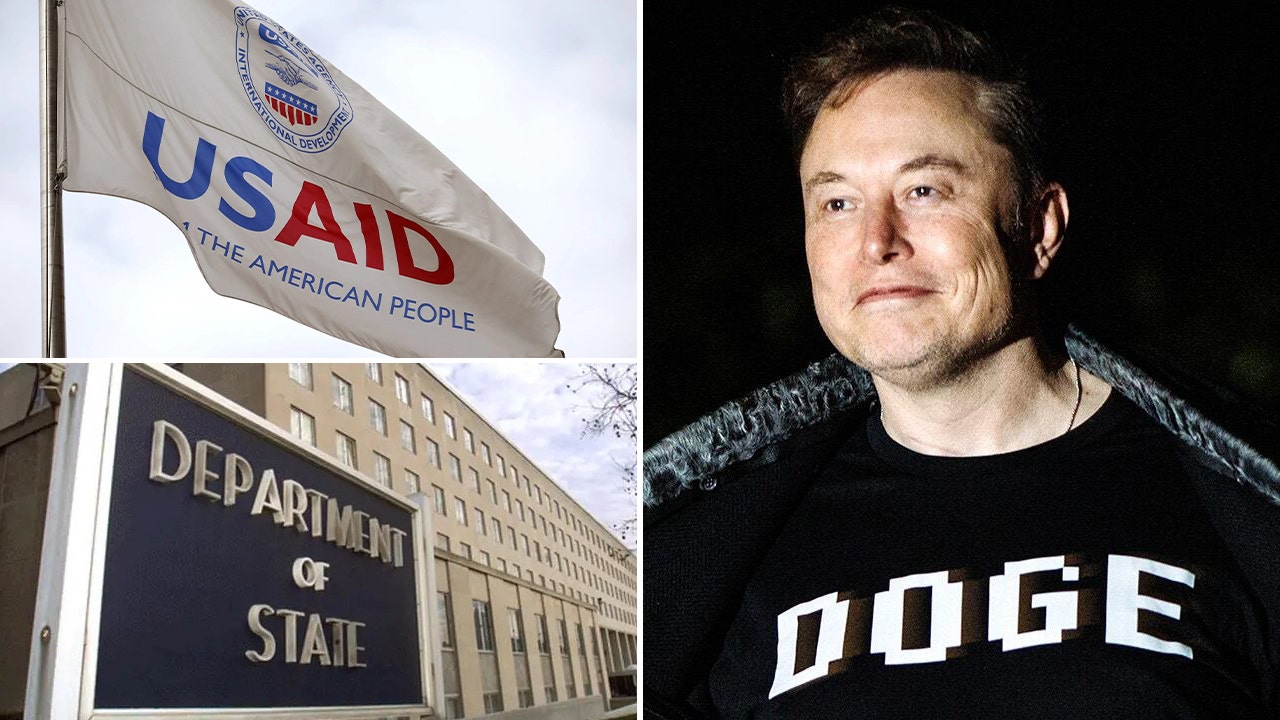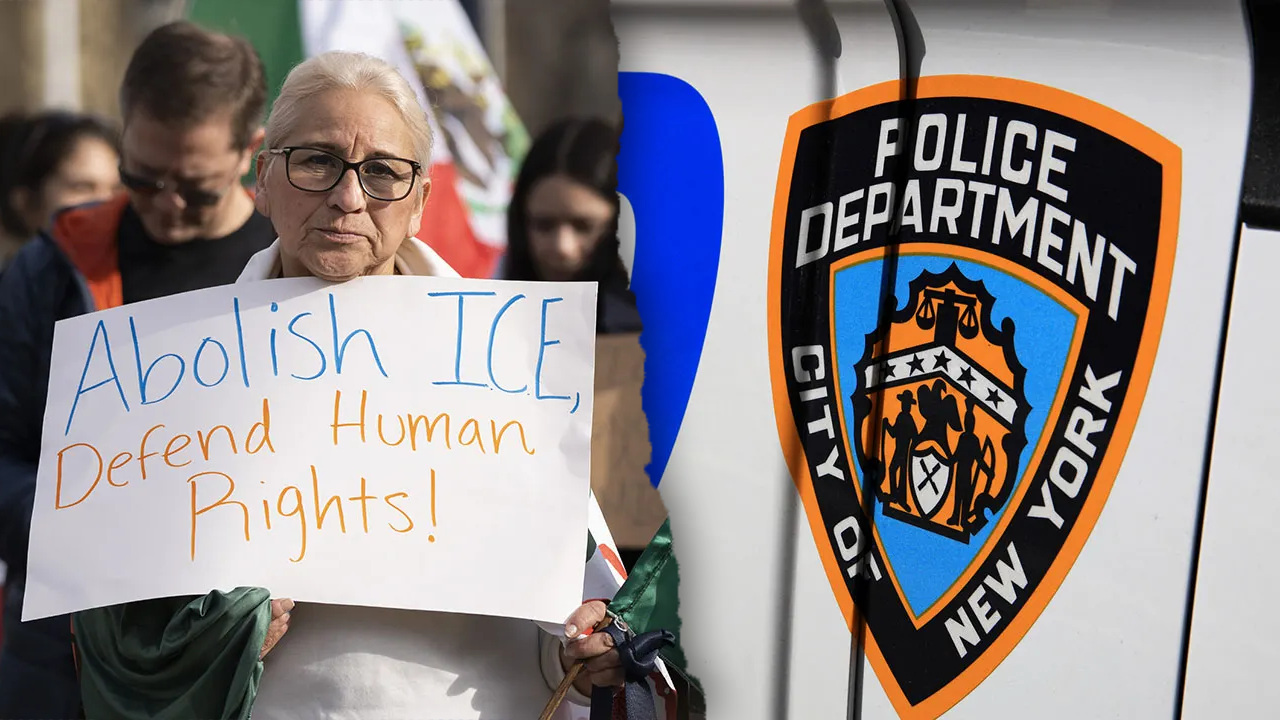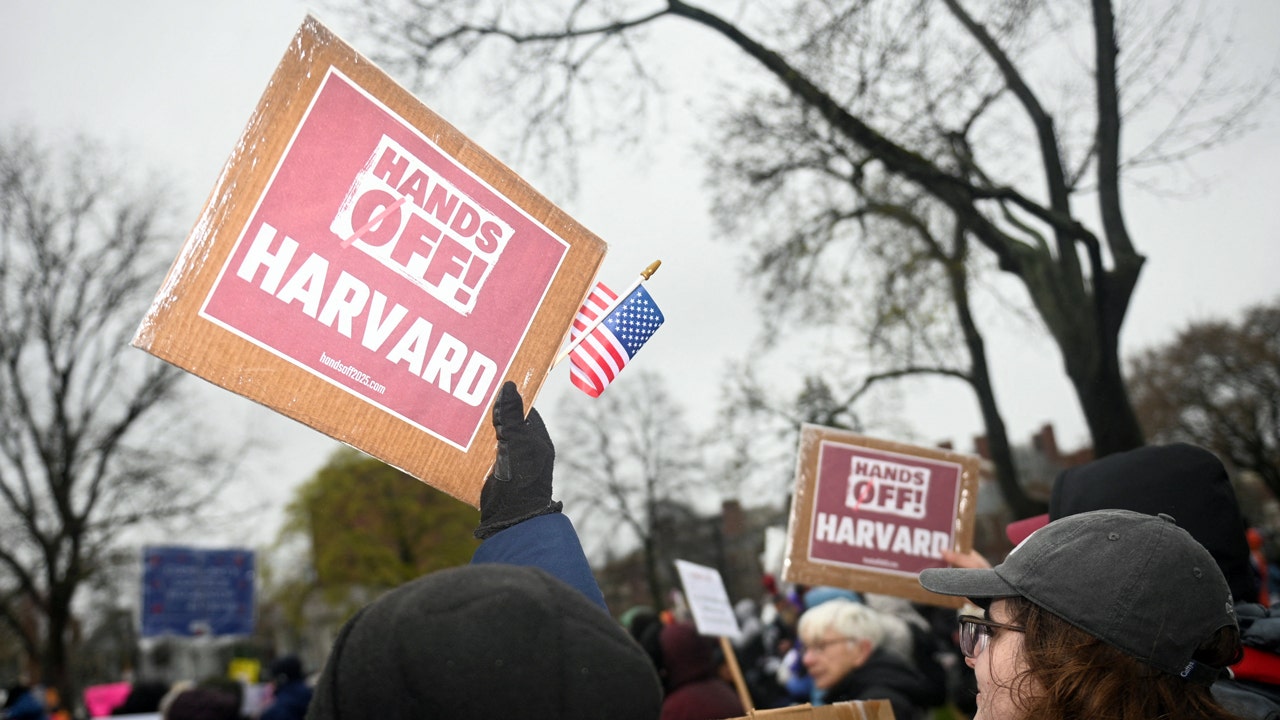The Trump administration is targeting international students with student visas and permanent residents who hold a green card as part of its immigration crackdown.
And while green card holders may legally remain in the U.S. indefinitely, work in the country, and are protected by U.S. laws, the Trump administration has made clear that the demographic is not off limits from its mass-deportation agenda.
Can the federal government deport those who are green card holders and are here in the U.S. legally?
Yes. According to U.S. Citizenship and Immigration Services, green card holders are only protected if they “do not commit any actions that would make you removable under immigration law.”
Green card holders are “required to obey all laws of the United States and localities,” file taxes annually, register for the draft if the green card holder is a male between the ages of 18 and 25, and are also “expected to support the democratic form of government,” per U.S. Citizenship and Immigraion Services.
Should a green card holder violate certain provisions included in the Immigration and Nationality Act, they could face deportation.
LAWYERS FOR COLUMBIA ANTI-ISRAEL ACTIVIST MAHMOUD KHALIL BLAST RUBIO EVIDENCE LETTER: ‘TWO PAGES, THAT’S IT’
Reasons a green card holder could be deported include the termination of conditional permanent resident status, knowingly helping someone enter the U.S. illegally, committing crimes including rape, murder or fraud, according to Berardi Immigration Law, a business immigration law firm that handles work permits and green cards for international employees working in the U.S.
Other reasons also include committing an aggravated felony, being convicted of drug or firearms crimes, and engaging in criminal activity that jeopardizes public safety or national security issues, per Berardi Immigration Law.
Furthermore, those who face convictions for these crimes may only face deportation after an immigration judge hears their case, according to Penn State Law School.
A green card allows an individual already in the U.S. who is not an American citizen to remain in the country, while a student visa allows those outside the U.S. to study in the country for a specific amount of time at an academic institution.
Eligibility for a green card is possible through several avenues, including being an immediate family member of a U.S. citizen like a spouse or parent, finding employment here in the U.S., or qualifying as a refugee or someone seeking asylum.
TRUMP COLLEGE CRACKDOWN: LIST OF STUDENTS DETAINED AMID ANTISEMITISM ON CAMPUSES
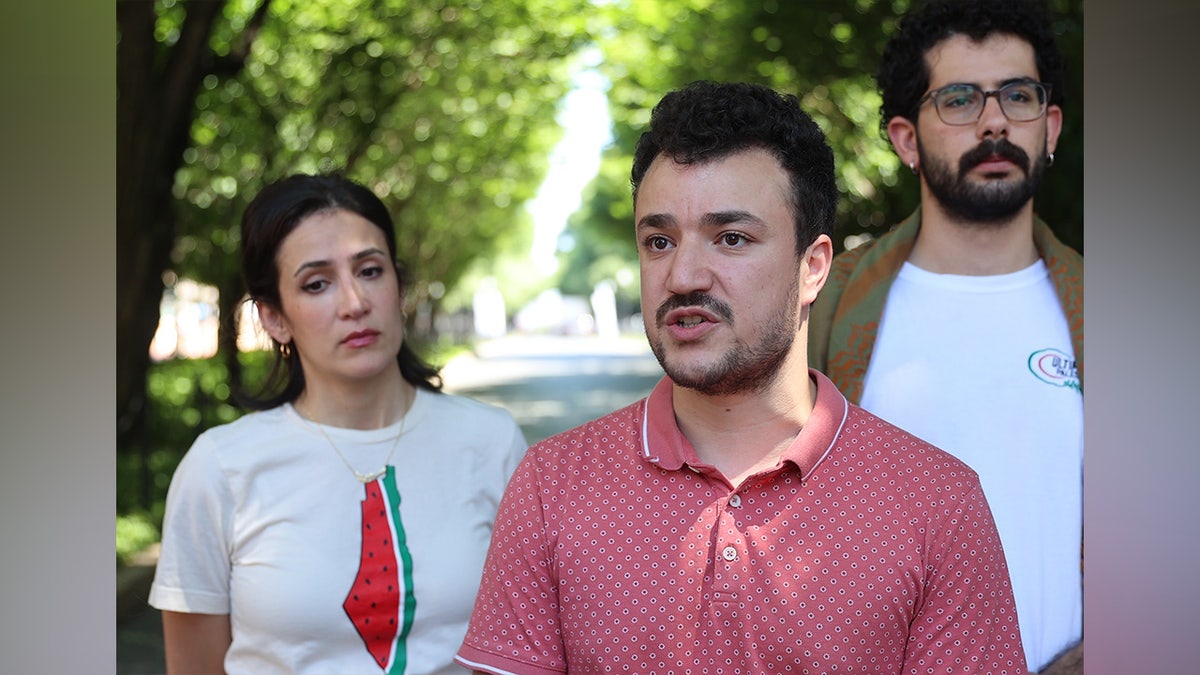
The possibility of deporting green card holders attracted increased scrutiny after U.S. Immigration and Customs Enforcement (ICE) agents arrested anti-Israel activist Mahmoud Khalil in March. Khalil, who is a Palestinian raised in Syria and a permanent U.S. resident with a green card who first came to the U.S. on a student visa in 2022, played a major role in the protests against Israel while at Columbia University as a graduate student.
The Department of Homeland Security said Khalil was arrested to protect U.S. national security, and claimed that Khalil “led activities aligned to Hamas, a designated terrorist organization.”
Additionally, Secretary of State Marco Rubio said at the time any Hamas supporters in the U.S. would suffer similar fates and have their green cards pulled, and face deportation.
Likewise, President Donald Trump said in a social media post in March following Khalil’s arrest that it was “the first arrest of many to come.”
But Democrats claim the Trump administration is out of line and the arrest was an assault on freedom of speech. Senate Judiciary Committee Democrats said Khalil’s arrest amounted to “straight up authoritarianism” in a post on X in March.
An immigration judge in Louisiana ruled in April that the Trump administration was at liberty to deport Khalil, claiming she didn’t have the authority to challenge the Trump administration’s assessment that Khalil posed a national security threat.
But Khalil, who is currently stuck at the Central Louisiana ICE Processing Center, has yet to see whether he will face deportation. Another federal judge in New York has blocked the Trump administration from removing Khalil from the U.S. while his case plays out in court.
Separately, the Trump administration is also eyeing ways to beef up vetting for those entering the U.S. on student visas — particularly for those who’ve publicly supported Palestine, like Khalil.
For example, the State Department is also bracing itself to ramp up social media screening for those applying for student visas. The State Department announced Tuesday that it is temporarily suspending new student and exchange visitor visa interviews as it evaluates enhanced social media screenings for the application process.
CONGRESS ‘ENTITLED’ TO ‘REGULATING THE CONDUCT’ OF VISA HOLDERS, EXPERT SAYS AMID DEPORTATION PUSH
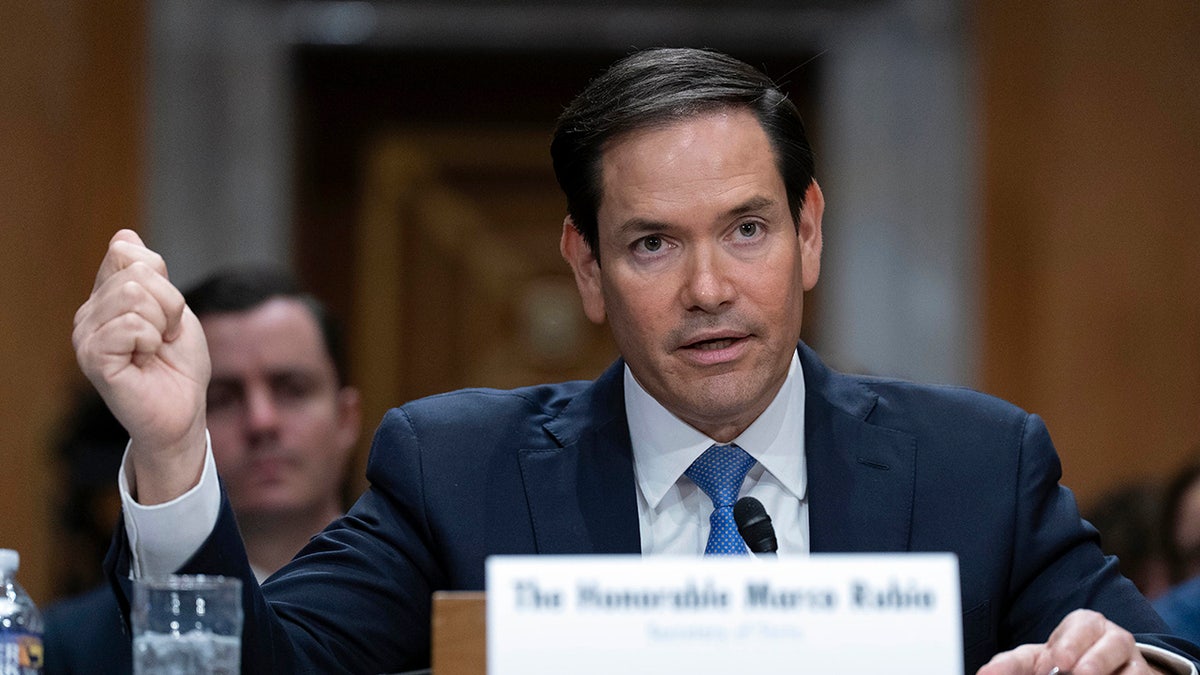
Rubio told lawmakers May 20 that he expects that the State Department has already pulled thousands of visas since January following Trump’s inauguration. That’s up from the 300 the administration had revoked as of late March.
Rubio also said that his agency would continue to pull student visas, stating that a visa is not a right, it’s a “privilege.”
“I don’t know the latest count, but we probably have more to do,” Rubio told lawmakers on the Senate appropriations subcommittee overseeing foreign affairs. “We’re going to continue to revoke the visas of people who are here as guests and are disrupting our higher education facilities.”
Read the full article here







